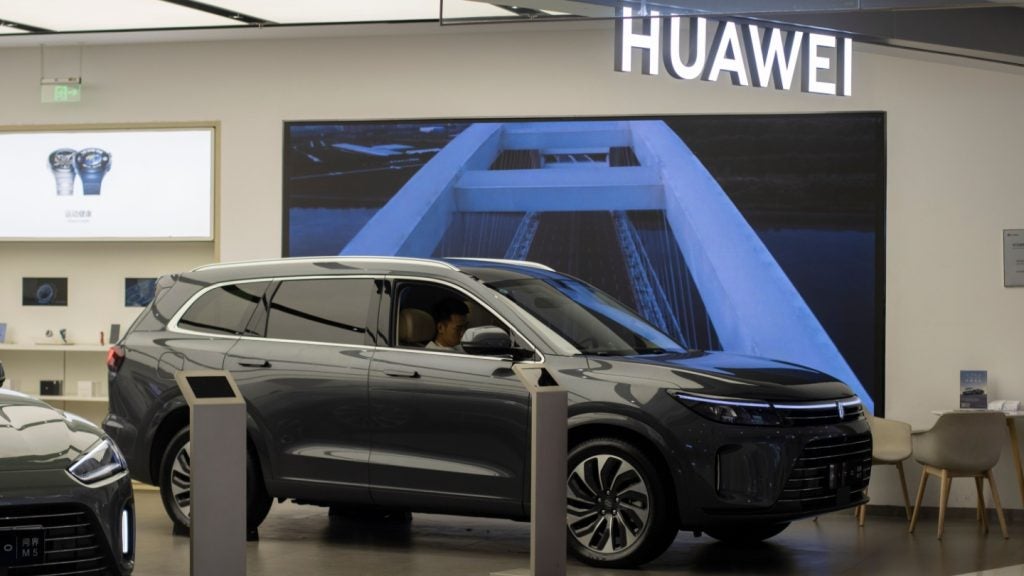
The European Commission is set to reveal new plans regarding cars in its fight against climate change and global warming.
The European Union’s regulatory arm wants to propose caps on car discharges of carbon dioxide (CO2) for 2025 and 2030. The plans will tighten existing CO2 limits and will incentivise car makers to shift to electric vehicles.
The current caps on discharges of the greenhouse gas from cars are 130g a kilometre, which will decrease to 95g for 2021. The Commission will announce lower targets in a press conference later today.
The EU’s climate and energy commissioner, Miguel Arias Canete, told Bloomberg:
“There’s a component of trying to facilitate the development of a powerful car-manufacturing industry of electric vehicles. There will be a race for developing clean-energy vehicles. We are seeing that others are taking the global lead.”
Recently, the medical journal The Lancet published a report, saying 9m people were killed by pollution around the world in 2015.
How well do you really know your competitors?
Access the most comprehensive Company Profiles on the market, powered by GlobalData. Save hours of research. Gain competitive edge.

Thank you!
Your download email will arrive shortly
Not ready to buy yet? Download a free sample
We are confident about the unique quality of our Company Profiles. However, we want you to make the most beneficial decision for your business, so we offer a free sample that you can download by submitting the below form
By GlobalDataAs well, the UN’s World Metrological Organisation’s latest greenhouse gas bulletin revealed that concentrations of CO2 in the atmosphere have reached the highest levels in 800,000 years.
The WMO’s secretary-general, Petteri Taalas, warned that unless there were rapid cuts in CO2 and other greenhouse gas emissions, “future generations will inherit a more inhospitable planet.”
Europe needs to catch up to China in the electric vehicle race
Earlier this year, China announced it will end production of fossil fuel cars and vehicles in the next few years as part of its renewable energy plan. What makes China the best place for this, however, is the investments in electric vehicles in the country.
Thanks to generous government subsidies, 507,000 electric vehicles were sold in China last year.
In Europe, there are only six types of electric vehicles, compared to China’s 400. However, the Commission’s proposals will include incentives for car manufacturers to create more electric vehicles.
As well, the proposals will include $927m for the development of infrastructure to charge electric cars.
Before anything can change, however, the plans will need approval from EU governments and the European Parliament. This usually takes more than a year to put in place.
In the meantime, governments are doing what they can to curb greenhouse gas emissions from vehicles.
In October, London’s mayor Sadiq Khan introduced the T-Charge, which sees owners of older, more polluting vehicles, charged an extra £10 to drive in central London. The scheme is aimed at tackling pollution in the capital.




